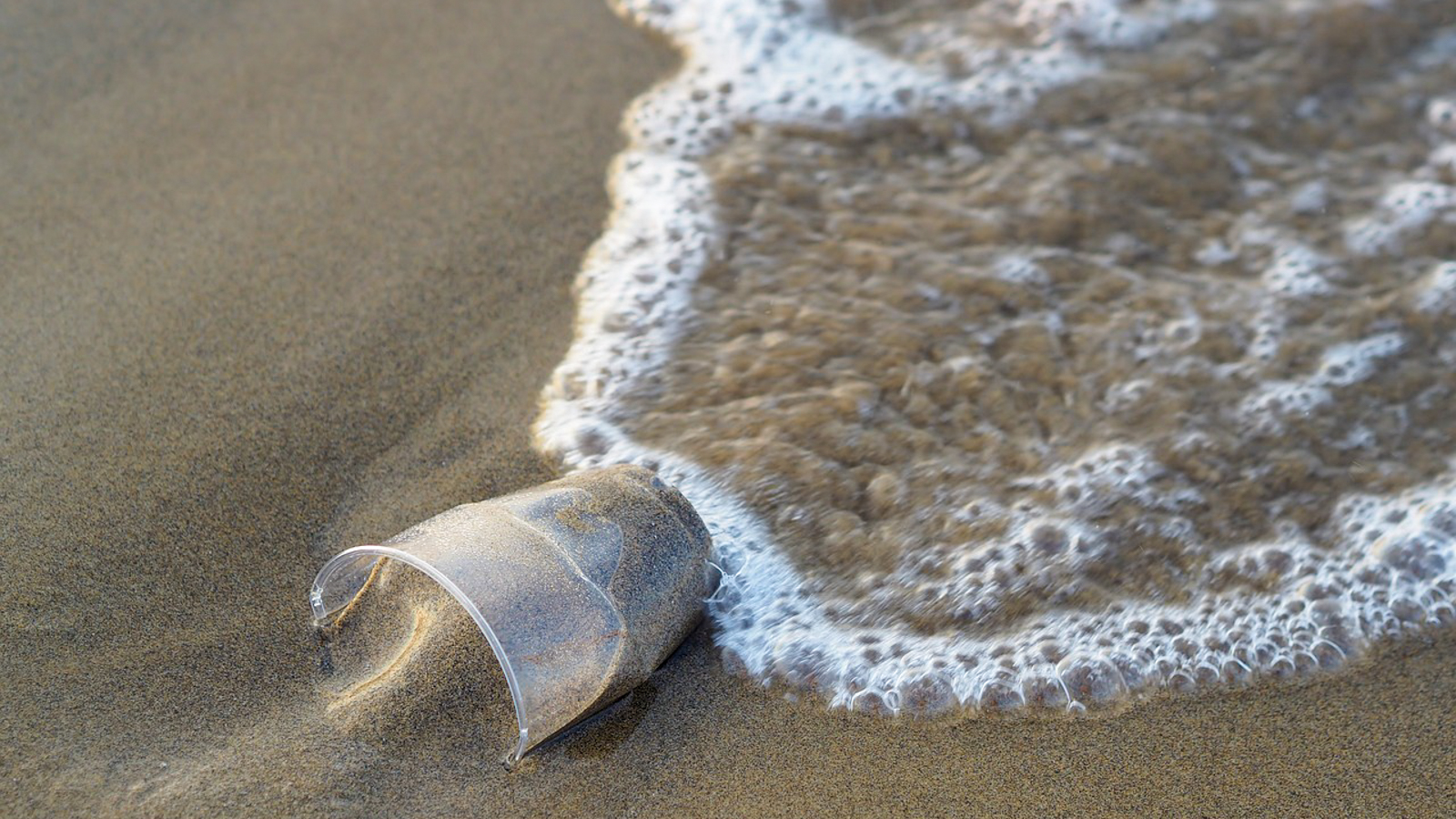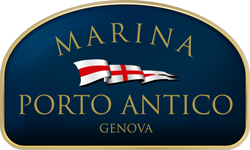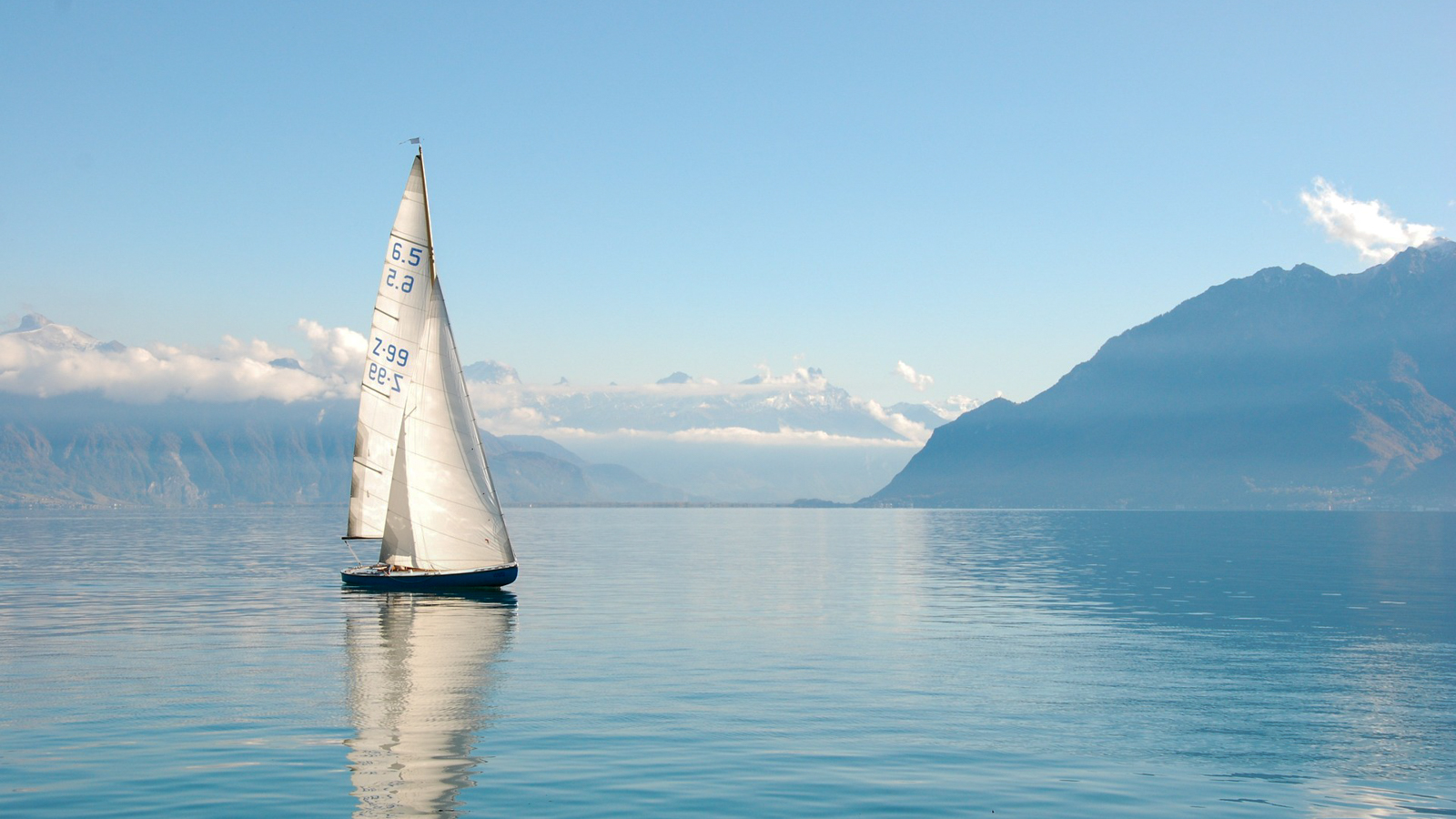Reducing pollution is an urgent necessity. To protect our planet, make our cities more livable, safeguard the future of coming generations, preserve our seas, and because we can do it. Yes, because today we have the techniques, solutions, and methods needed to do what we do every day while polluting much, much less. This also applies to our beloved

Boat Sustainability: Our 10 Starting Tips
- Sustainability begins in port: first of all, it should be emphasized that boat sustainability starts at the port. We have already seen in a dedicated article how
reducing pollution in the marina refueling , which must occur without the slightest spillage; but also think about managingwaste , onboard water management, use of lights, and so on. Sustainable navigation begins at the marina, which is why in our Genoa marina we pay great attention to dock waste collection and special services such as battery and used oil disposal - The vessel makes the difference: without doubt, there are vessels that by their nature pollute more or less. A sailboat can rely on wind propulsion, whereas a motorboat must rely solely on its engine; there are boats with diesel engines, and vessels powered by electric motors. There are new boats that make the most of every liter of fuel, and older boats that are less efficient. So yes, anyone seeking more sustainability on board should also consider the actual pollution produced by their vessel!
- Regular engine maintenance: regardless of the boat’s age, size, and so on, to reduce a vessel’s pollution, it’s essential to keep the engine in good condition. This means filters must be changed regularly, fuel must be clean, and all servicing must be done on time.
- Clean hull: a smooth and clean underwater surface minimizes forward friction, thus requiring less energy to navigate. Conversely, a dirty hull, covered with algae and other sediments, inevitably slows down the boat. For this reason, it’s essential to keep the hull clean, using good antifouling paints. However, as is known, in their classic forms, these can be harmful to marine ecosystems: it’s therefore much better to use latest-generation and sustainable antifouling when possible, such as silicone-based or wrapping solutions.
- Recycling on board too: we shouldn’t even need to emphasize the importance of not throwing boat-generated waste into the sea. Not even the smallest items: not cigarette butts, not bottle caps, not paper tissues. Instead, all waste should be collected on board, better yet directly in small bags, following the normal rules of waste sorting. This way, once in port, it will be easy to “empty” the boat, without the temptation to throw everything in the first available bin. Recycling on board, moreover, can help us become more aware of plastic resource use, thus learning to favor products with reduced or no packaging.
- Managing electricity on board: spending days on a boat, where it’s typically necessary to ration electrical energy, certainly represents a good lesson for our daily life. You learn to reduce energy waste, knowing that electricity shouldn’t be taken for granted; it would also be good to equip the boat, when possible, with small or medium solar photovoltaic panels, thus increasing the boat’s energy autonomy and creating electricity cleanly.
- Sustainable boat cleaning: the boat doesn’t pollute only when it’s moving. It can also pollute while stationary, when we’re working to clean it. Yes, because many don’t think that the detergents used to clean the deck, hull, stanchions, windows, and other components end up largely – or often totally – in the water. For this reason, when you know that detergents will end up draining into the water, it’s essential to choose biodegradable products that are friendly to the marine environment.
- Watch out for sunscreen: sun protection when boating – in summer but not only – is very important. To avoid
sunburns , to prevent skin diseases, and so on. But it should be noted that regular sunscreens release residues, which can endanger phytoplankton, microalgae, corals, and fish. It’s therefore better to opt for eco-sustainable sunscreens, so you can dive from the boat without concerns. - Local products are great: from time to time, it’s necessary to pause navigation. To sleep in a marina, to refuel, to do some shopping or to enjoy a restaurant meal. In these latter two cases, it would be good to remember to favor zero-kilometer products or local ones. These aren’t burdened by pollution due to their transport. Plus, they can help us discover more about the visited territory and support local communities!
- What’s the rush?: finally, to pollute less, it’s always a good idea to reduce speed, adopting slower rhythms. By doing so, you’ll consume less fuel, producing fewer greenhouse gases. After all, what’s the rush?


